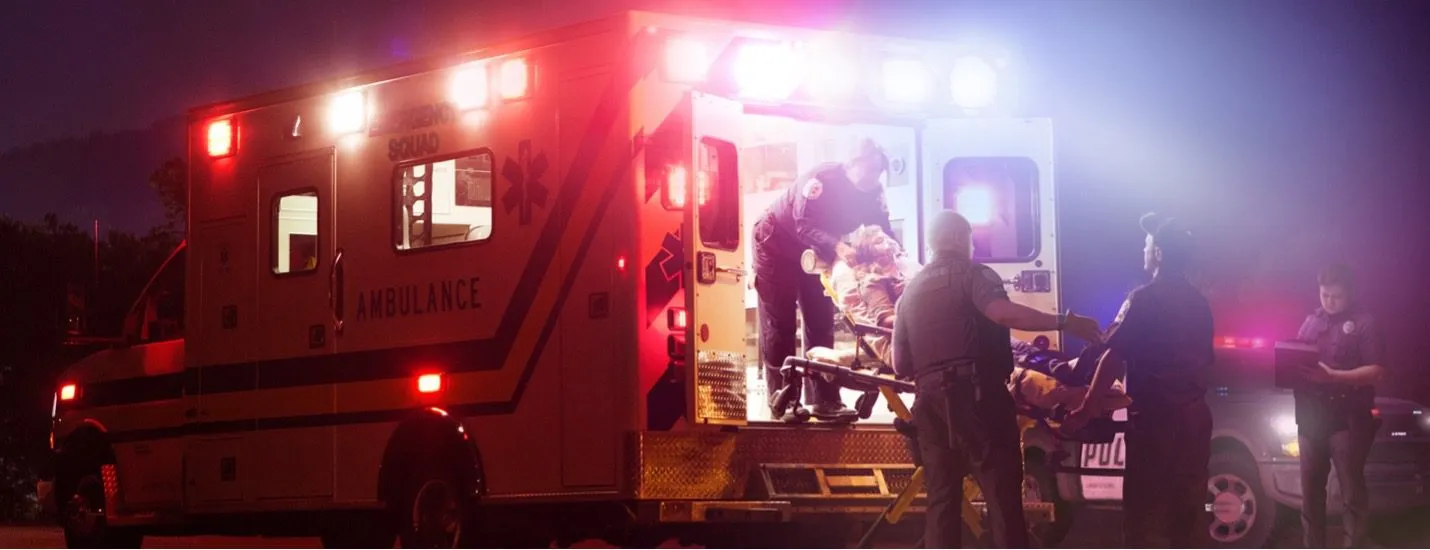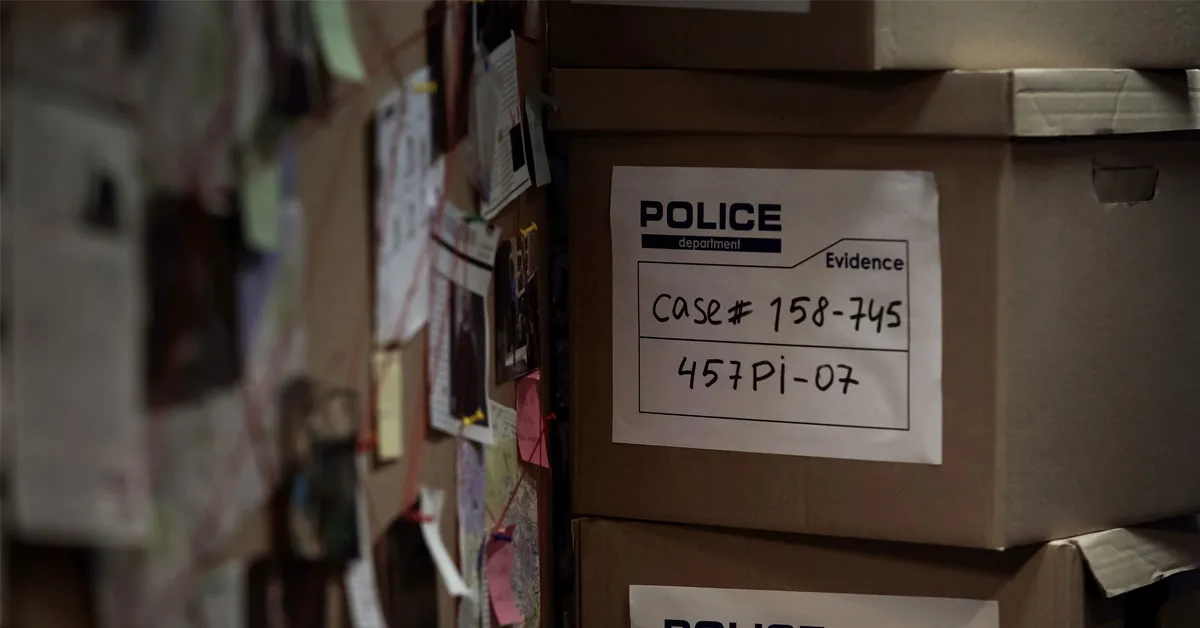
As a critical source of record, body worn cameras can help connect the dots in the course of an investigation. But will political interests, privacy concerns and a few bad apples derail the conversation?
Body cameras have proven to be invaluable to the American law enforcement community. They boost data and record collection and strengthen community-law enforcement relationships. In fact, a prominent study on body cams conducted by the Rialto, California Police Department found a 90% decrease in citizen complaints against officers who wore cameras.
Despite this, acceptance of body cams has fluctuated over the years. Misconceptions about emerging technology, fears of the unknown, and various societal and political pressures have helped shape a polarizing narrative. Even today, many of the groups that initially called for body-cam adoption are now reversing tack or trying to impose limitations on use.
Though statistics favor body-cam usage, such resistance has left the nation in a state of confusion. And, as is often the case, if we’re going to find our way forward, we must look to the past. So, let’s examine how we reached this point and what it means for the road ahead.
The Rise and Fall… and Rise of Body Cameras
The law enforcement community itself was the first to push back on the notion of officers wearing body-worn cameras. 10 to 15 years ago, police unions and collective bargaining organizations representing line officers fought hard against body-cam usage. Their position was rooted in fears and concerns over the unknown – which is common when new technologies and policies are introduced in the public sector.
So, where did the demand for body cams originate?
According to the United States Department of Justice, prior to 2013, fewer than 25% of 500 law enforcement agencies surveyed had implemented body-worn camera programs. However, several highly publicized incidents in 2014 exposed deep-set social, economic, racial, and political issues, swinging the social and cultural pendulum in a new direction.
These issues, amplified by media-spun narratives, created a huge push for body cams in the public eye. Among those arguing that police should wear body cameras were public defenders, politicians, community groups, and civil rights groups.
The increased public pressure and national interest forced law enforcement agencies to reconsider body-cam usage. Subsequent protests, lawsuits, court orders, consent decrees, and local and state legislation made the choice even easier: police should wear body cameras.
Naturally, public interest died down as implementation spread nationwide. Now, more law enforcement agencies are actually embracing body cams – no longer questioning the emerging technology – and are equipping their officers voluntarily.
How and why did this shift occur?
The Truth Will Set You Free
As it turned out, body-worn cameras were critical to recording and documenting for the public the truth of officer-community encounters, such as:
- Car stops
- Street encounters leading to frisks
- Service of warrants
- Dealing with emotionally disturbed people
- Arrests
- Officer-involved shootings
In these scenarios, body-worn camera recordings offer vital proof that officers are acting appropriately within the law and within the reasonable scope of agency policies. And, in many such instances, with great restraint. They are also playing a key role in defending officers from false accusations of wrongdoing.
On the other side of the coin, body cams have identified a few bad apples among us. But this isn’t a bad thing. Rather, it allows agencies to clear them from their ranks and improve overall policing efforts.
Though law enforcement has certainly come to appreciate the benefits of employing such technology, the increased surveillance has led to increased privacy concerns. In fact, this is now a hot topic for the public defenders, politicians, community groups, and civil rights groups who originally argued for body-cam adoption.
In the real world, the body-cam benefits of increased transparency – and accountability – between police and the community outweigh questions of privacy. This is especially true if proper measures are being taken in regard to the general public’s privacy, like disclosing that a body-worn camera is equipped and in use.
The Bottom Line
As more and more agencies implement the use of body cams, more and more studies are being conducted on their applications – and we are learning a lot.
A Las Vegas study revealed that body cams are still reducing complaints against police – consistent with the study results mentioned earlier. Furthermore, a Washington, DC study found no change in officers’ behavior when wearing body cameras. While this suggests that the majority of officers were doing their jobs appropriately all along, it also helps expose officers who are not doing their job.
Without a doubt, body cams help improve community-policing relationships. They enable law enforcement agencies involved in high-profile incidents to get in front of false narratives, and, ultimately, avoid needless protests, property damage, and violence.
But the benefits don’t have to end there. When used in conjunction with other technology, such as secure, cloud-based case management software, body-cam recordings can work even harder as an investigative tool.
Need help managing investigative casework? Learn more about CaseBuilder™.




